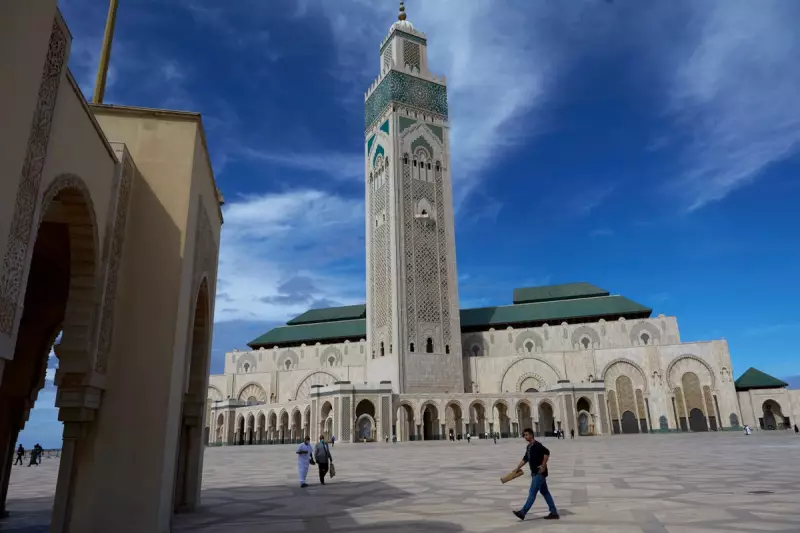
In a groundbreaking move that's sending shockwaves through the Islamic world, Morocco has boldly printed its own version of the Quran, directly challenging Saudi Arabia's decades-long monopoly over the holy book's publication.
A Religious Power Play
The Moroccan government has officially unveiled its newly printed Quran, complete with translations and commentaries that reflect the North African kingdom's unique religious traditions and scholarly interpretations. This represents nothing short of a religious revolution in the Muslim world.
For generations, Saudi Arabia has maintained near-total control over Quran printing and distribution worldwide, with their version becoming the standard text used across most Muslim communities. Morocco's decisive action breaks this stranglehold in the most dramatic fashion.
Diplomatic Tensions and Religious Authority
The timing of this announcement couldn't be more significant. Relations between Morocco and Saudi Arabia have been notably strained in recent years, with Rabat increasingly asserting its independence in both political and religious matters.
What makes this move particularly striking is that Morocco isn't merely reproducing the existing Saudi-approved text. The new Moroccan Quran includes distinctive features that reflect the kingdom's Maliki school of Islamic jurisprudence and its own rich scholarly traditions.
Global Implications for Muslim Communities
This development could fundamentally reshape how Muslims around the world engage with their holy text. The Moroccan edition offers:
- Alternative translations and interpretations
- Commentaries reflecting North African scholarly traditions
- Different formatting and presentation styles
- Potential for diverse theological perspectives
The creation of multiple authoritative versions of the Quran raises profound questions about religious interpretation and who has the right to speak for Islam globally.
A New Chapter in Islamic Leadership
Morocco, under King Mohammed VI's leadership, has been steadily positioning itself as a moderate alternative to Saudi religious influence. The country has long presented its approach to Islam as being more tolerant and inclusive compared to the stricter Wahhabism associated with Saudi Arabia.
This bold printing initiative represents the culmination of years of careful religious diplomacy and signals Morocco's ambition to become a major centre of Islamic learning and authority in its own right.
The international Muslim community now watches with bated breath as this religious power struggle unfolds, potentially reshaping the landscape of Islamic authority for generations to come.





